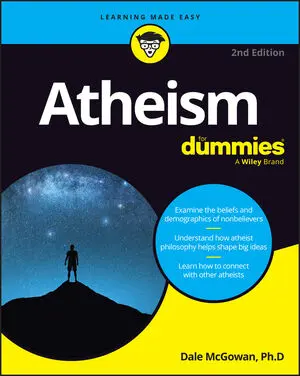The Cult of Reason was an attempt to organize a civic religion without gods, a kind of atheism, to replace Christianity during the French Revolution. Centered on humanity rather than divinity, the goal of the Cult of Reason was the perfection of mankind through the pursuit of truth and freedom.
Like most radical social experiments, it was interesting and more than a little weird. The Cult of Reason replaced Christian rituals with secular ones, which sometimes worked really well and sometimes…just didn’t.
Reason was semi-personified as a being to be celebrated. Cathedrals were reconsecrated to Reason, and elaborate ceremonies were created to refocus attention away from religious ideas and toward the advancement and perfection of the human race.
One of the leaders of the cult was Joseph Fouché, a military commander who (among other things) ordered that all cemeteries would have only one inscription on the gates: “Death is an eternal sleep.” A new national holiday called the Festival of Reason was briefly instituted.
Some atheists today may think of this kind of secular takeover of the culture as a dream come true. But most atheists see this cultural bulldozer for what it is — a violation of the rights and freedoms which are cherished most.
You can’t complain about the church telling people there’s only one way to think, then turn around and tell people there’s only one way to think. If you’re going to build a revolution around values like freedom and tolerance, you probably ought to exhibit them.





